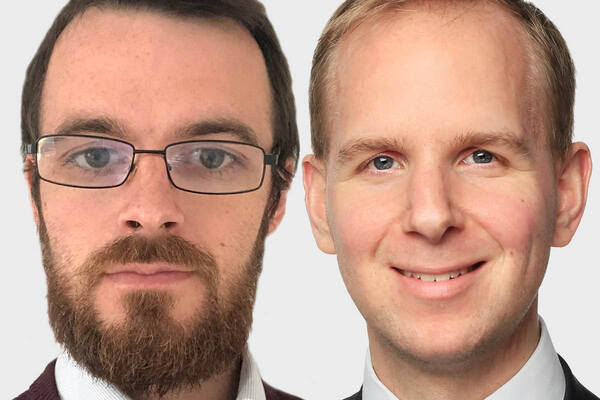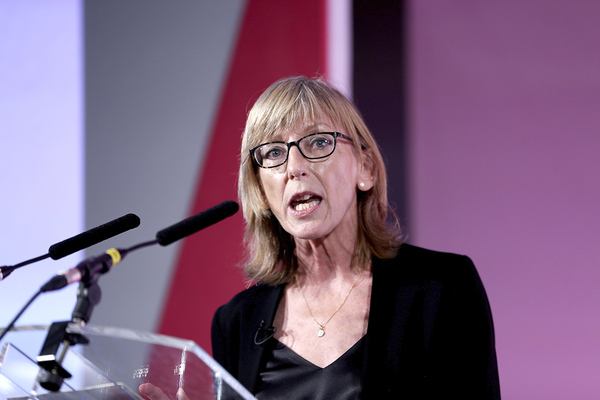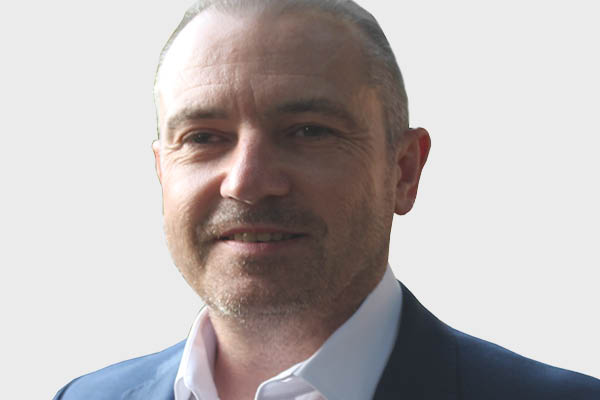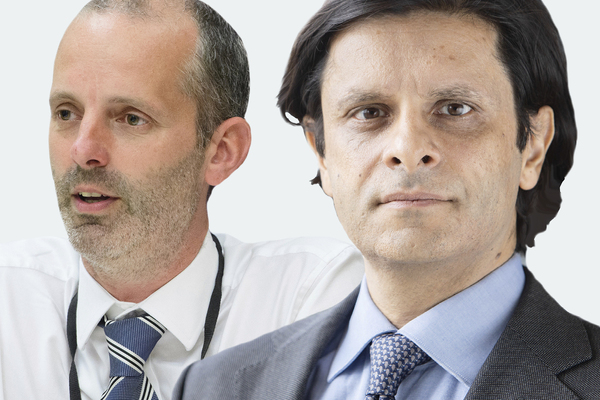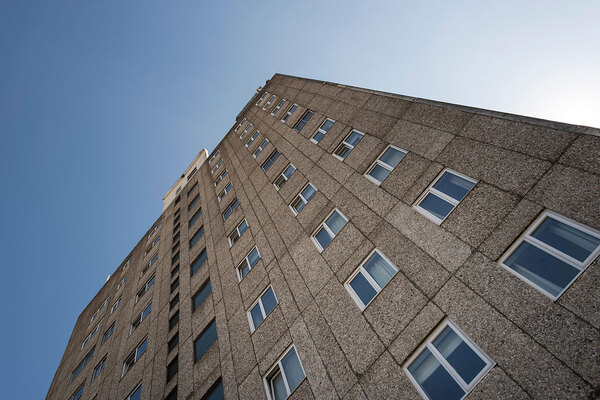Sustainability board chair: sector must speak in ‘one voice’ on ESG
The chair of the body behind the ‘sector standard’ for environmental, social and governance (ESG) reporting has warned that social housing providers must speak in “one voice” on the issue of sustainability – or risk having “no voice at all”.
Brendan Sarsfield, the former chief executive of Peabody, who chairs the Sustainability for Housing (SfH) Board, said that organisations in the sector were accustomed to being “inward-looking”, but that challenges ahead meant that this would no longer serve organisations collectively or individually.
“I’m not going to criticise anyone, but we’re a very inward-looking sector,” he told Social Housing. “We all think we’re very different, and we like to differentiate ourselves [as organisations]. I was guilty of that, as a CEO, too. But I think the game is changing.
“In the past, we could do new build, we could look after our homes, we could invest in communities, but I actually think we’ve come to the point where we can’t do it all. And as a sector, we need to be explaining that to government and other stakeholders, in a collective way, as well as in an individual way.”
He added: “Secondly, I think political pressures are increasing, the blame culture is increasing, and when carbon neutral isn’t delivered, the government in particular will be looking for people to say they’re not doing their bit… so we need a collective story on what the sector is doing.”
There is a clear role for the National Housing Federation (NHF) to play in delivering this message to government, Mr Sarsfield said. In October, the NHF published two major pieces of research, one citing a circa £36bn estimated cost for English associations to get their stock to net zero, and the other warning that one in 10 planned new homes could be lost as a result of the financial pressures arising from building safety works.
But Mr Sarsfield also argued that the Sustainability Reporting Standard for Social Housing (SRS), and associations more broadly, have a role to play in communicating a sector-wide picture, particularly in light of providers’ overall reputation.
“We know that every time there’s bad press, it may be about a different association, but it damages us all. We’ve got to smell the coffee on that and have a collective story for the sector, which is clear, which talks about all the good that we do, that admits the challenges that we have, to create a context, [so that] when things do go wrong, people can see that context, too.”
Mr Sarsfield said that this meant associations telling the same story to all stakeholders – whether investors or tenants. “If your annual report, your ESG report, is more honest, and says, ‘we’ve got problems with damp and mould, and this is how we’re going to try and address it’, then when you get the damp and mould stories, there’s honesty in the relationship.”
He added: “I would never stand in front of my tenants when I was a CEO and say our services are perfect, but often [as organisations] we say that they’re perfect in what we write, and I think we need a bit more humility in what we write about ourselves. If we don’t have that humility, then you are greenwashing, or you are doing the equivalent on social value.
“I think we are a sector that is mature enough to be able to tell one story, for every stakeholder – but an honest story.”
Mr Sarsfield was speaking to Social Housing one year on from the establishment of the SRS, which officially launched last November with more than 75 associations and investors signed up as ‘early adopters’. This year marks the first in which associations en masse are publishing impact reports detailing their individual performance against the criteria.
While more than 100 adopters have now officially signed up, Mr Sarsfield said that many other associations have also been using the SRS “quietly, to see how it looks” as they consider adopting it. The board is currently in the midst of a “post-implementation review”, and feedback from these wider users of the standards, as well as formal adopters, will inform the board’s evaluation.
This could in time herald a new iteration of the standards and how they are implemented, Mr Sarsfield said. “What have we learned from the [reports] that have been done so far? How can we promote the ones that are doing it well? How can we help those that need help? And how do we develop the standard, evolve it, improve it?
“That exercise also needs to include: how has the world changed; how’s the finance world changed? So, it can’t be just an inward-looking process – it’s an inward and outward-looking process.”
Recent developments have included rolling out the SRS to Scottish associations, in October.
While arguing for a joined-up voice on ESG, Mr Sarsfield does not see the multifaceted efforts from different groups in the sector around measuring social impact as conflicting. For example, the ‘value of a social tenancy’ approach developed by association Hyde, or HACT’s UK Social Value Bank.
“The standards aren’t there to dictate to the sector what to do, the standards are there to give space for associations to report on it, or a way of reporting on it, and then by highlighting good practice and highlighting good examples over the years we’ll get better and better at it.
“We’re not a benchmarking organisation. We’re not a ratings agency. We’re just creating a framework that enables you to tell your ESG [story] so that you can raise capital, and also to communicate with your residents, your staff, and other stakeholders.”
At the same time, he urged organisations to be vigorous about how impact is quantified: “We need to be a bit more robust on some of the social value statements we make.”
Mr Sarsfield cited an example from Family Mosaic, where he was chief executive for 11 years prior to its merger with Peabody in 2017. “One of our corporate strategies was to save the NHS money. But what you learn is that you don’t save them money, because you stop someone going into a bed but someone else just takes the bed. So you just have to be careful about how you assess what value you are adding.”
He added: “I think social value is an area that people won’t do the equivalent of greenwashing on purpose, but I think when we make statements about the social value we add, we need to be very precise and careful about that.”
And for associations that are unsure what approach to take, Mr Sarsfield has this message: “Make your decisions about that, but start doing it, because we are in for some rocky times I think as a sector, and we need to be telling the good stories now for when we have challenging stories ahead.”
RELATED

